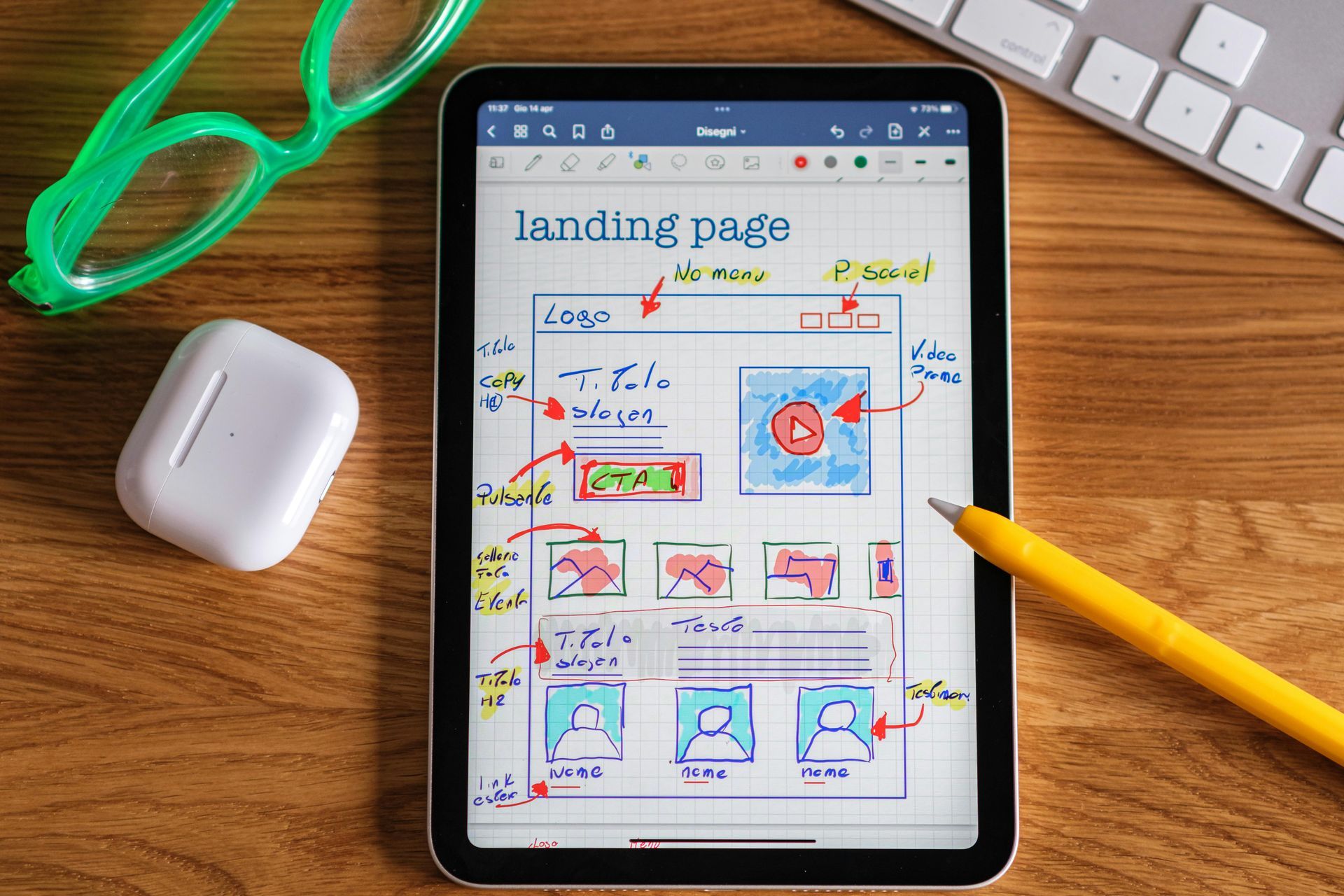What is it like working with an outsourced accounting firm? | Global Shared Services

There’s comfort in what we know.
That’s true across many aspects of life, and it’s true across many aspects of business, too. In an accounting context, what many mid-sized businesses know is the process of working with an in-house accounting solution.
An in-house solution might not be incredibly efficient, but it’s almost certainly comfortingly familiar. It’s the two ladies in the back office who’ve been a part of the team for years, or the part-time friend of a friend who’s been able to serve as a stop-gap for far longer than you’d originally expected.
For companies that have long depended on solutions like these, an outsourced accounting firm represents change. It’s unknown – and that fact can be intimidating.
But it doesn’t have to be.
Outsourced Accounting Doesn’t Represent a Loss of Control
That’s because outsourced accounting doesn’t represent a loss of control (which is often an underlying factor in the fear of change).
We tend to feel a sense of control if we understand a situation, even if, to an outside eye, the situation seems untenable. Accordingly, there are many businesses that get built up to $10-50 million in revenue yet sit on a foundation of slipshod accounting – consistently trailing bank reconciliations, procrastinated attention to sales tax audits, or pending financial statements that haven’t been closed for many months. We’ve even seen 200-person businesses pay employees via manual checks to take advantage of the check float for cash flow, because that’s what they know or what’s been done to manage cash flow pressures.
The purpose of restaurant bookkeeping
In these cases, businesses often recognize that what’s happening isn’t good, but maintain a hesitancy to change because there’s an implicit level of understanding: things might be a mess, but at least the mess is known. Introducing an outsourced solution represents risk because it means relinquishing control of processes and knowledge.
But this perspective is flawed. The reality is that outsourcing accounting actually allows for greater control, because it shifts the focus from management of processes to management of decisions and outcomes.
In other words, by outsourcing accounting, businesses can get a clearer picture with better data that allows for real control, not just the perception of it.
Here’s how. This is what it looks like to work with Global Shared Services as an outsourced accounting solution – and gain true control over business financials.
Phase One: Transition
This is the phase that disorganized businesses often dread, but it’s also the catalyst to financial stability and improved performance.
We typically begin engagements assuming a 30-day transitional period. Here’s what that period entails:
- We put together a checklist of items and activities that need to be transitioned. This may mean processing data or addressing security factors. It may also mean identifying and remedying historical issues – a pending sales tax audit, substandard accounts payable practices, etc.
- We gather information to create a calendar schedule for deliverables – vendor payments, payroll processing, required statements, bank reconciliations, etc. – to plan appropriate processes.
- We follow the schedule and begin to build the financial infrastructure that will enable consistency and future optimization.
- We hold regular status calls to monitor progress. The frequency of these may vary depending on client preference, but our goals are to ensure understanding of new processes and to quickly process any speed bumps.
Phase Two: Maintenance
During this phase, processes begin to develop a consistent rhythm. This allows for a steady accumulation of data that will ultimately pave the way toward better insight and growth.
This period entails:
- The continual processing of included services.
- The generation of valuable reports from accumulated data – cash flow performance, etc.
At this point, the foundation of sound accounting practices is in place and is now being further developed for future growth.
Phase Three: Performance
The final phase of our engagements capitalizes on sound foundational accounting processes to position businesses for growth.
When our clients reach this phase, they’re no longer held hostage by chaotic financial situations. Instead, they’re free to view all of their data in order to make better business decisions – and we help to guide them as they do so.
This period entails:
- The continual presentation of impactful data. With the basics taken care of, we can present more data more consistently.
- Business process optimization. Thanks to a clearer financial picture, businesses are often able to identify areas where optimization could produce growth. During the performance phase, we help to point these areas out and work with businesses to improve them, sometimes in a CFO capacity.
- Increased transparency in finance and accounting processes. We take the time to build transparency into our engagements by producing trial balances and reconciliations that could be picked up and applied by anyone. This enhances freedom and eliminates the possibility of an accounting black box.
The Outcome
Here’s what a functional engagement looks like:
The business owner has a full understanding of financial data. On a monthly basis, all services are processed consistently and accurately like clockwork, and relevant parties can access financial documents as they’re posted via a secure portal from anywhere that has Wi-Fi.
Communication over processes is fast and easy. A quick email or call to a dedicated point of contact can clarify information as needed.
And, best of all, the business’ financial functions are aligned with its goals – making meeting objectives much easier and unlocking the ability to scale in a way that previous solutions never could.
Ready to Try Outsourced Accounting?
There’s comfort in what’s familiar. But in an accounting context, what’s familiar can keep your business stagnant – or even slowly drag it down.
By switching to an outsourced accounting engagement through GSS, you can build a solid foundation of financial clarity and consistency. Consequently, an outsourced accounting solution for your restaurant business doesn’t mean loss of control. It means freedom from financial urgency and real impact on business outcomes – real control over what matters.
If you’re ready to move toward that, let’s talk today.
Share this post
Insights
Related Posts






